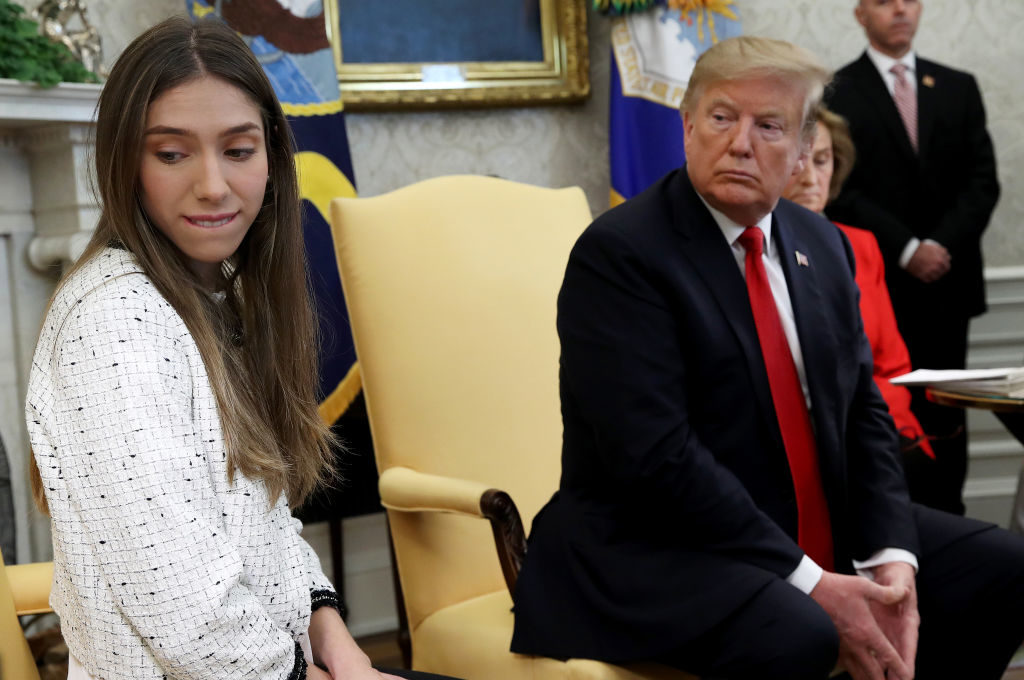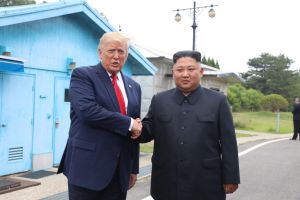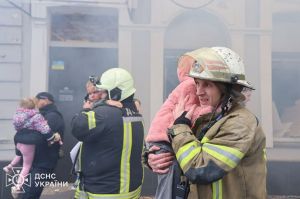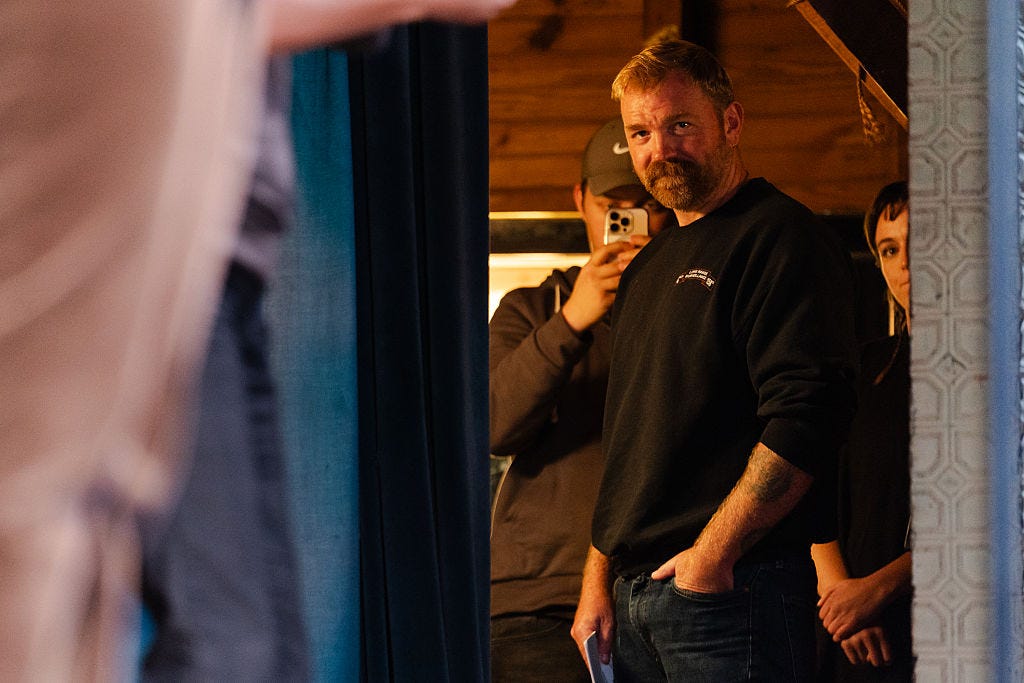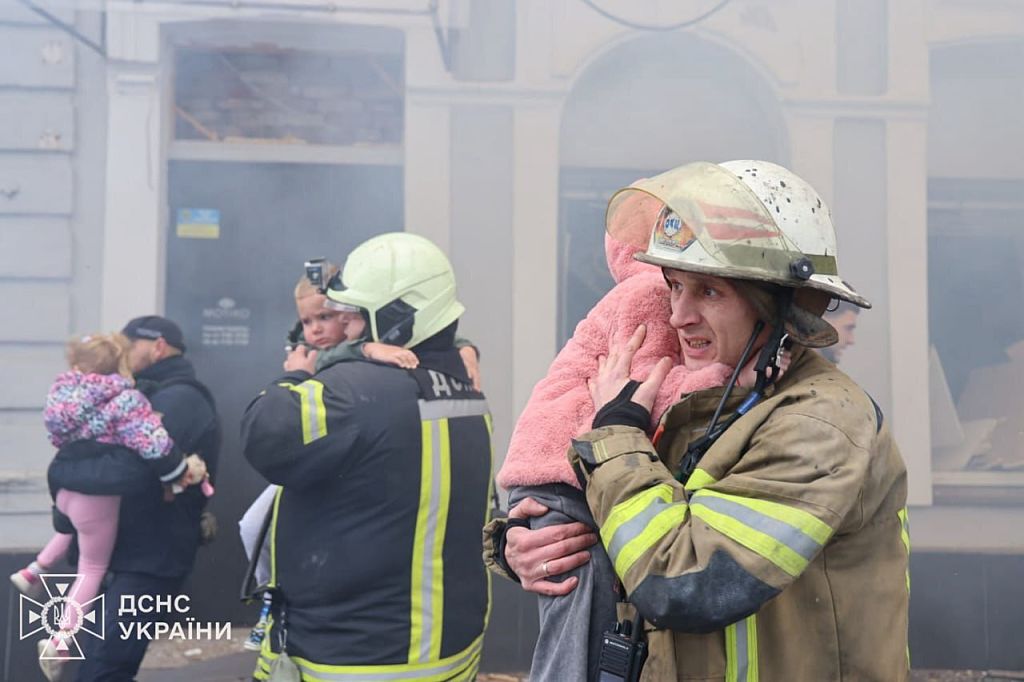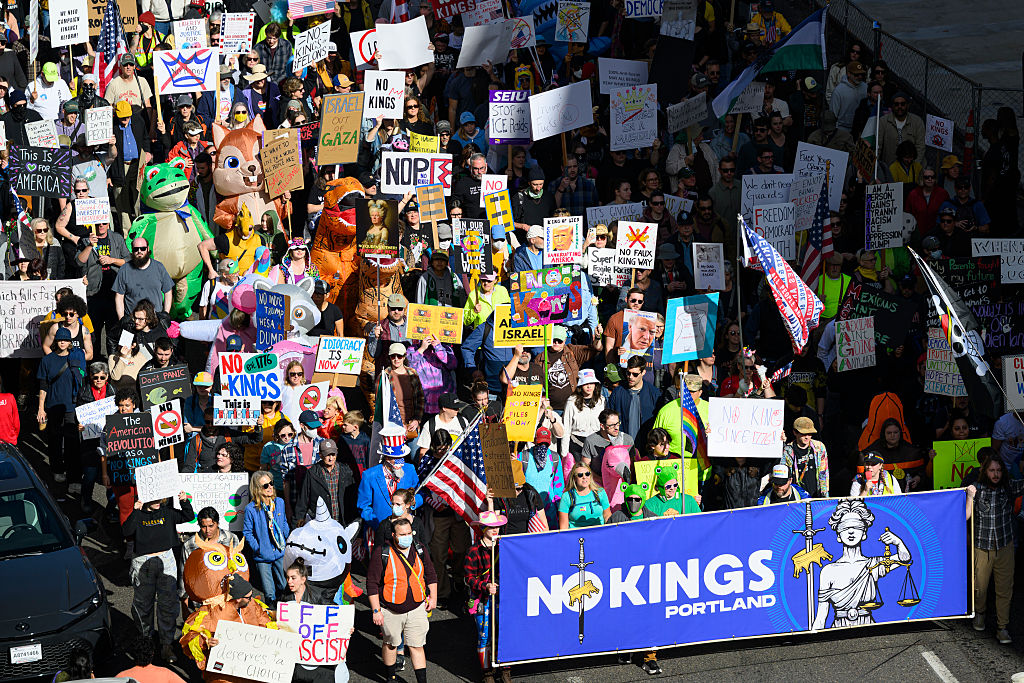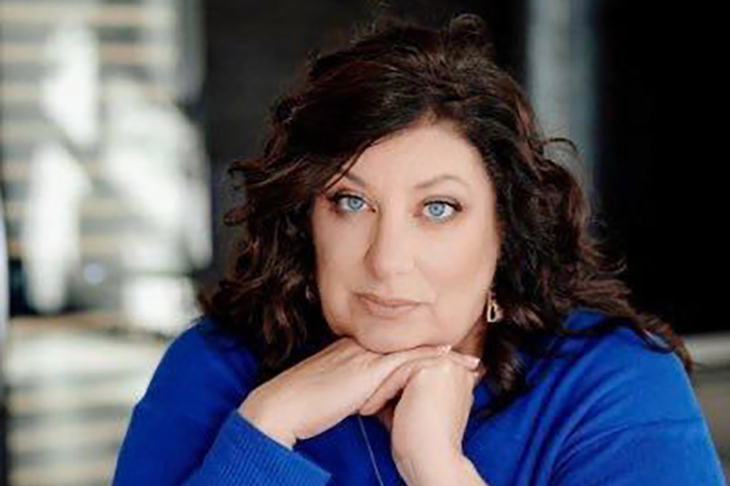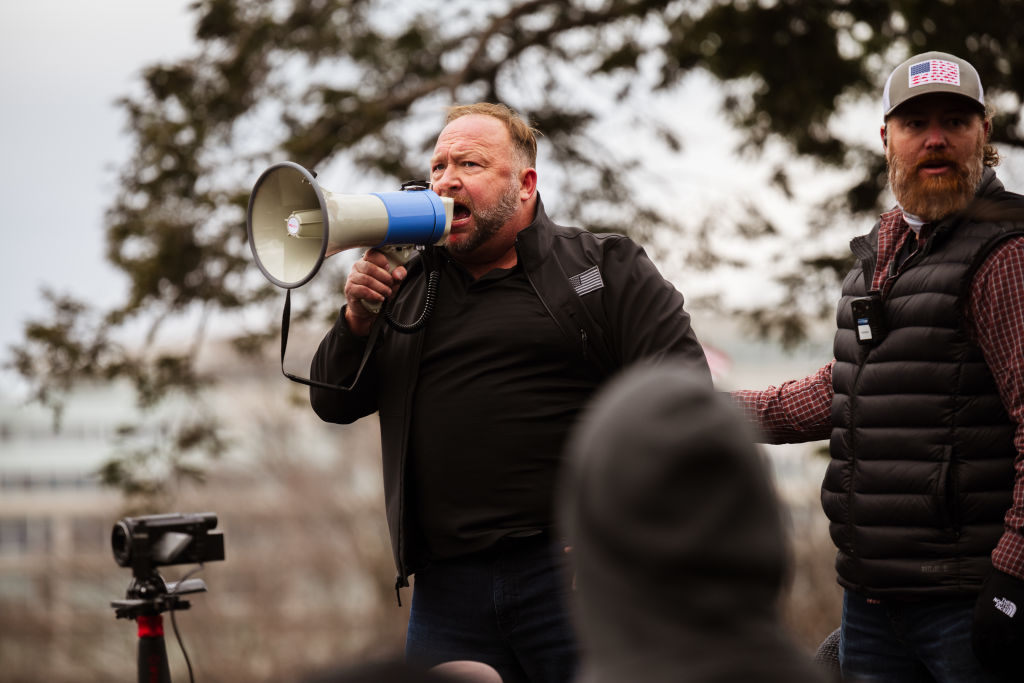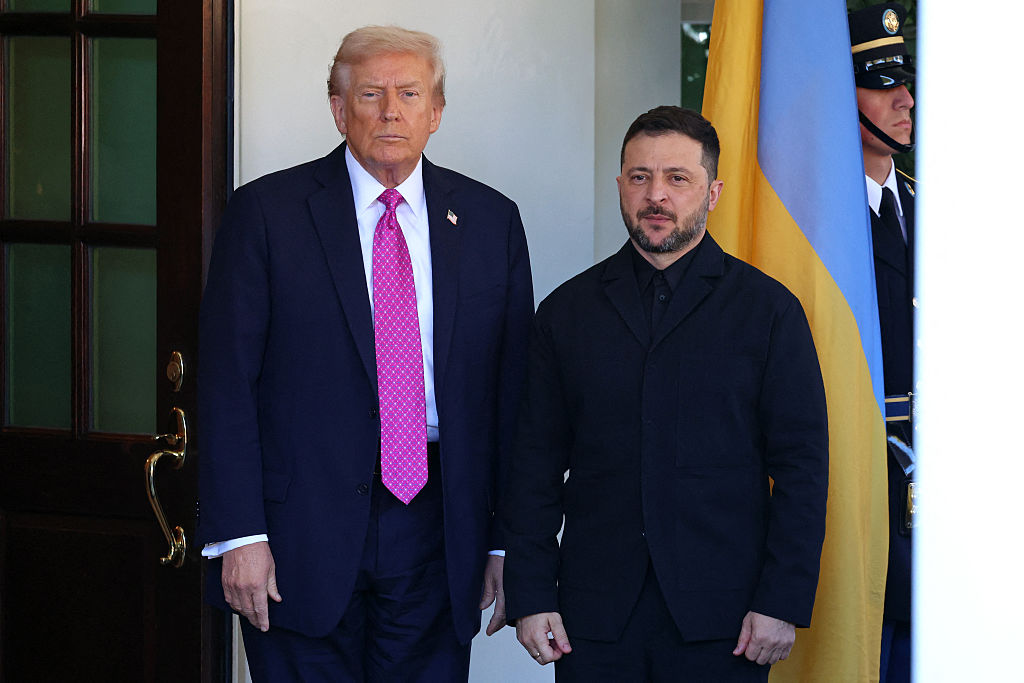Over the weekend, two Russian military aircraft carrying General Vasily Tonkoshkurov along with over 100 Russian troops landed in Caracas, Venezuela. Did the US know Putin was planning this? What will America’s response be? Who knows, because the American media isn’t asking.
What might well become the most explosive situation since the Cuban missile crisis has gone almost totally ignored on the homepages of our major news sites. Rather than inquire what will be done about Russian troops in Venezuela, the media focuses its myopic gaze on the only Russia story they seem capable of seeing: what role Russia may have played in our 2016 presidential election. Instead of a timely, relevant, and newsworthy story on what’s happening in Venezuela, we get wall-to-wall coverage on ‘news’ that is three years stale.
An American media consumer should be forgiven for thinking there’s nothing of any importance happening anywhere in the world. The news comprised of this smattering of inanity Wednesday afternoon: This is why liberals love Alexandria Ocasio-Cortez; Barbara Bush kept a Trump countdown clock by her bedside; ‘Europe will require car makers to install speed limiters.’ And that’s just CNN.
Over four days after Russia landed troops, the homepage of CBS News featured the word ‘Russia’ five times, four in connection with the Mueller report and the supposed Russian ‘collusion’ with the Trump campaign that wasn’t. On the Washington Post homepage, two out of two mentions are reserved for the Russiagate story, and nothing for Venezuela. It’s the same over at the New York Times: three mentions of Russia, none of them related to Venezuela. There’s an opinion piece with the unironic title ‘How to Stop the Next Russian Campaign’. It’s about how tech companies should handle targeted ad campaigns of the sort Russia used in the 2016 election.
Several sites, such as MSNBC, CBS and the The New York Times devote special boxes to the Mueller Report and ‘The Russia Investigation’ – but again, that’s all coverage devoted to whether Trump associates worked with Russians in the run up to the 2016 election.
On the Fox News homepage, it looks like charges being dropped against TV actor Jussie Smollett is the only thing that happened all week, with 13 news stories devoted to this. There isn’t a single story about Russian troops in Venezuela gracing the page.
CNN replaced its glowing coverage of freshman Rep. Alexandria Ocasio-Cortez with eight separate stories and explainers on Brexit in the coveted top slots on the site, burying its single story on the issue, Trump says ‘Russia has to get out’ of Venezuela in small print on a side column.
In the wake of the total collapse of the Mueller Report/Russian collusion narrative, the media also continues its trend of navel gazing and absurd lack of introspection, with several pieces devoted to whether they overhyped that story. Most Americans have no idea that this week Boko Haram killed hundreds of Christians in Nigeria, nearly a thousand died in a devastating cyclone in Mozambique, the French military was deployed in Paris to deal with protesters, on top of whatever Russia is doing in Venezuela.
The parade of coverage on the Christchurch mosque attack and Prime Minister Ardern’s handling of the aftermath shows that our media is capable of reporting on international news. But its focus on only a handful of stories completely distorts their significance.
Rather than a CNN explainer on why people lined up to see Ocasio-Cortez at SXSW and why her tweets are so popular (proffered the same day the freshman’s signature ‘Green New Deal’ was resoundingly rejected in the Senate,) the average American would benefit from an overview of the fraught history of US involvement in South America and the relationship between Venezuela and Russia. Instead, the Washington Post offers ‘Why People Love to Hate Michael Avenatti.’
It’s not just that the questions the media poses are often biased; its that most of the stories covered are irrelevant. Forget about reporting with a slant; we don’t have even have headlines about what matters. The world is a serious place, but you’d have no idea from the cavalier way American media covers it.



